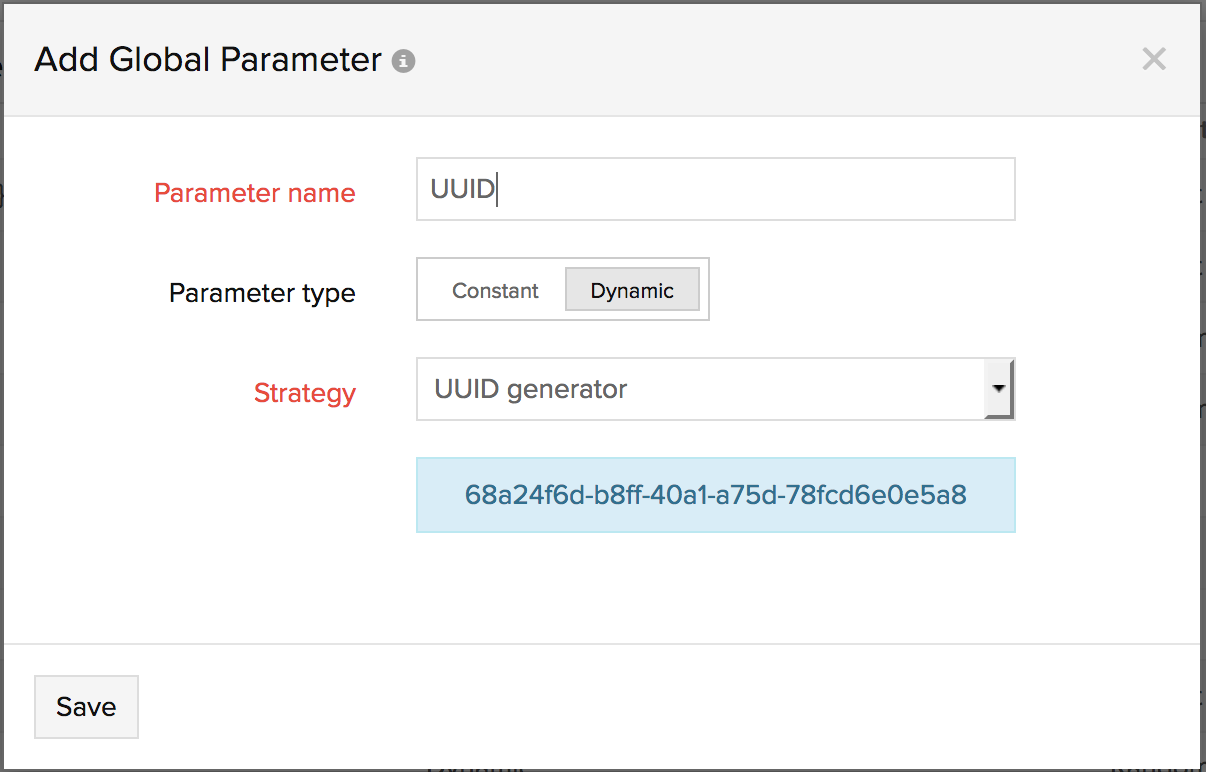

If the sessions weren't random or easily guessable, then an attacker could calculate or guess them and hijack established sessions. The server can maintain multiple states since every client uses their own unique session identifier. Simultaneously other clients are doing the same. Examples The method is accessed through the global crypto property. Now if we were using uuid in place of auto-increment id, it is harder for the attacker to attack all the users as he. Return value A string containing a randomly generated, 36 character long v4 UUID. If someone manages to know how the session is encrypted, then he can impersonate all the users: encrypt '1' and set the value as sessionID, encrypts '2' and set the value as sessionID, etc. Notice the data is stored on the server, all the client does is issue requests of whatever kind and tack on the session identifier as a way to maintain state in a stateless system. The randomUUID () method of the Crypto interface is used to generate a v4 UUID using a cryptographically secure random number generator. Every subsequent request from the client carries this identifier so that the server can match the data relevant to that particular client during this particular session. Potentially authentication occurs and some data is stored on the server pertaining that particular session. Server generates a new session id and sends it to client. They have no information or session id at this point. In a typical scenario, client A connects to server B for the first time. Six or seven bits used to indicate Version & Variant. uuidgeneratev4 () Based on randomly-generated data for 121-122 of the 128 bits. Defined by specification as a Version 3 UUID, namespace -based UUID. They do not encode or encrypt any information, these tokens are used by the server to locate information pertaining the established session. uuidgeneratev3 ( namespace uuid, name text ) Contains an MD5 hash of text you provide. Session identifiers work if they're long random pieces of information. If someone manages to know how the session is encrypted, then he can impersonate all the users: encrypt "1" and set the value as sessionID, encrypts "2" and set the value as sessionID, etc. So it's neither true or false.Ĭonsider that right now the session id is encrypting the auto-increment id (no uuid is used). This entirely relative to a given context. Now you can run "query" operations on the WidgetAttributes table to get all widget-attributes for a certain user by using "greater-than-zero" as the query-parameter for the range-key.I read that uuid does not bring any security advantages Range-key: attribID (use the timestamp of the creation of this widget-attribute). Hash-key: userID (use the userID from the User table of the user to whom the widget belongs). Hash-key only: userID (timestamp of the creation of this user).
#Paws random uuid generator mac
If it is not available, then uuidgenerate will use an alternative algorithm which uses the current time, the local ethernet MAC address (if available), and random data.

The uuid will be generated based on high-quality randomness from /dev/urandom, if available.

(Be sure to handle the exception which will occur if a second item is created in the same table with the same millisecond timestamp just fall back and retry the operation in that case, with a slightly later, current timestamp.) The uuidgenerate function creates a new universally unique identifier (UUID). Just call another method in your date/time library to convert the timestamp to a readable format. This has the advantage that if you want to have a "creation time" field in your table, your UUID already stores this information. Many date/time libraries can produce this number for you. Store the timestamp as an integer, representing the number of milliseconds since the start of the "UNIX epoch" (in the UTC timezone). The approach I'm taking is to use the current timestamp for the hash-key (or the range-key, if using a range-key too).


 0 kommentar(er)
0 kommentar(er)
